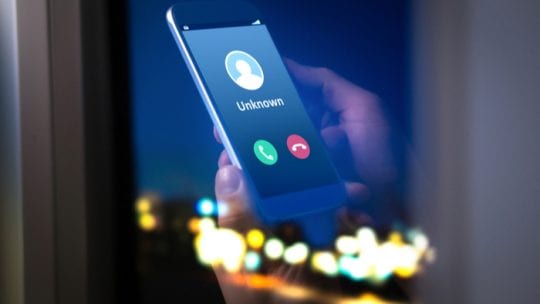
Our first instinct in crisis often is to run and raise the drawbridge. Facing a potential threat, we try to shelter ourselves from looming danger.
A recent conversation I had with the Motion Picture Association (MPA) reinforced the importance of reaching out, not retreating, when confronting crisis.
It started, as crises often do, with a call from a reporter. Rather than taking down information and background on the story the reporter was pursuing, Emily Lenzner, who runs global communication and public affairs for the MPA, did something unusual. She engaged robustly.
Learning more about facts and focus not only enabled her to get a clearer picture, it afforded an opportunity to develop a relationship with the journalist. It was not someone Lenzner had worked with previously. By not being defensive or elusive, she was able to quickly generate a level of trust and, off the record, clarified critical points.
The reporter realized there was no story. But, the journalist and Lenzner built a bridge for next time.
“The key was to be accessible to the press and not hide,“ Lenzner told me. “Even when dealing with a challenging story, in most cases, it’s better to cooperate. We were able to work effectively ...with the reporter because we had an open, honest relationship.”
At a time when deadlines are drastically shorter, ‘I’ll get back to you’ often is no longer an option. So how do you prepare to engage instantaneously? The MPA’s response is a good example of what can be done even if you’re operating in the most communication-constrained environment. You may not be able to go on the record immediately, but other options exist.
First, ask questions and attempt to go beyond the quick-comment conversation. Second, go off the record and provide as much information as seems prudent. Finally, direct the reporter to other resources and well-informed experts. In short, open doors and invite the reporter in.
And practice. When the next media inquiry comes, try being more open. See if you get more information than usual and, similarly, work on providing reporters with additional background. Ultimately, the goal is to become comfortable taking challenging conversations to a more constructive place.
Lenzner offers a simple, but strategic, lesson. When you get a call, avoid the impulse to close down and get off the phone quickly to deal with the crisis. How many crises might have been averted just by asking a few more questions and offering a couple of clarifying points? Indeed, it might be your best response to emerging risks.
-Brett Bruen
Brett Bruen teaches crisis at Georgetown University and served as President Obama’s director of global engagement. He is president of the Global Situation Room.
